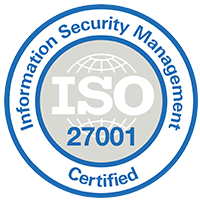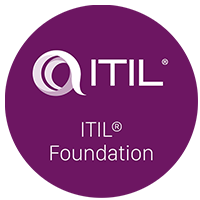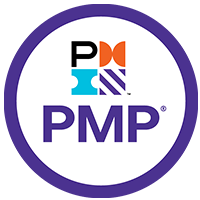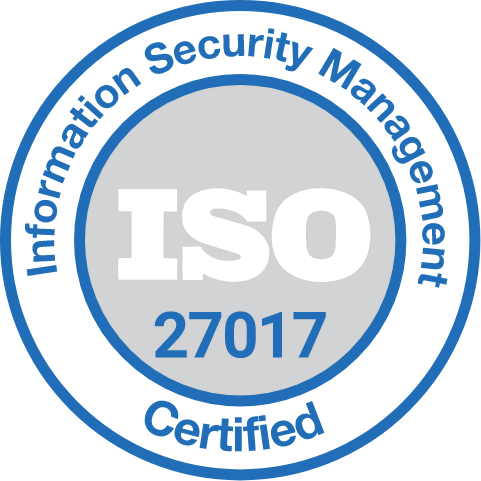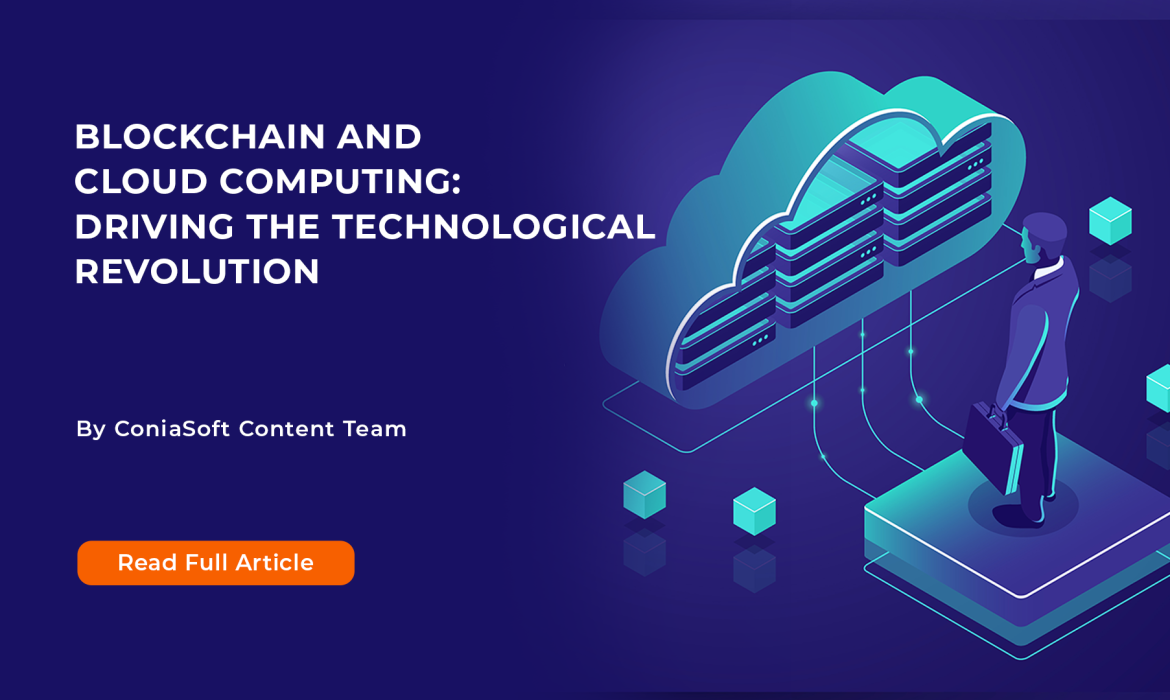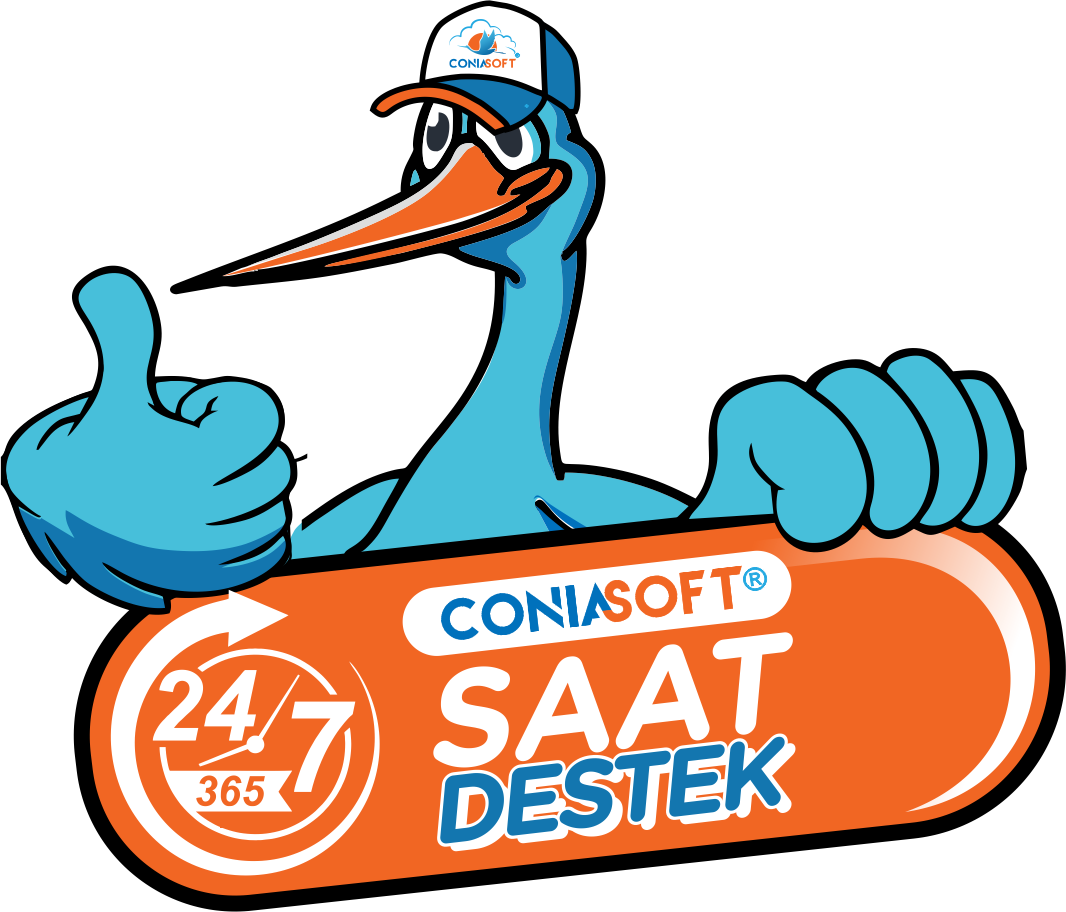Blockchain is a game-changing technology that functions as a decentralised and distributed ledger system. It allows its participants to preserve a clear and secure record of transactions or information. Cloud computing, on the other hand, refers to the Internet-based availability of system resources such as data storage, networking, and software. Blockchain technologies combined with on-demand cloud computing services provide strong solutions for both organisations and individuals. Here’s how blockchain and cloud computing can work together.
The incorporation of blockchain technology with cloud computing systems and amenities, combining the decentralised and secure nature of blockchain networks with the capacity and adaptability of cloud computing, is known as blockchain in cloud computing. Users require specific cloud infrastructure components, including bandwidth, developer-friendly tools, adequate data storage capacity, and hosting services tailored exclusively for blockchain networks, to efficiently scale blockchain firms. Cloud platforms provide extensive SDKs, APIs, and development environments, whereas bare metal cloud provides a 100% dedicated server with pay-as-you-go pricing. Because of their elasticity, cloud computing platforms and services are well-suited to host blockchain networks, allowing for optimal resource utilisation and sophisticated security measures. However, for optimal application or business demands, it is critical to select a service provider that offers bare metal cloud hosting.
A distributed ledger, consensus mechanisms, nodes, governance, and security systems comprise the blockchain architecture, which is utilised in a variety of applications such as supply chain management, healthcare, banking, voting systems, and DevOps. Despite its potential, it has problems such as scalability, energy consumption, legal considerations, and privacy. Combining blockchain and cloud computing can provide scalability, fault tolerance, security, and cost-effectiveness, allowing organisations to control their data and computer resources without relying on a single point of control.
Cloud-based blockchain technology provides various advantages, including cost-effectiveness, scalability, high availability, and reliability. Its distributed ledger and consensus procedures improve efficiency, speed up transactions, cut costs, and increase data sharing, making it a promising solution for supply chain management, banking, and healthcare applications. Blockchain technology reduces the need for third-party verification and fees. It also maintains the security of cloud servers, particularly for critical transactions, adding an extra degree of security. Even if individual nodes fail, the decentralised nature of blockchain assures great availability and reliability. To ensure the smooth running of the blockchain network, organisations must select a dependable cloud provider that adheres to tight security requirements. This combination of decentralisation and a trustworthy provider creates a safe and transparent platform for a variety of applications.
Because of its decentralised nature, blockchain technology provides greater security and anonymity, making it suited for a variety of applications such as banking, healthcare, and supply chain management. The Internet of Things (IoT) has the potential to improve security, but keeping sensitive data on the cloud is difficult. Cloud computing and blockchain technology can offer safe storage solutions adapted to IoT needs, reducing risks and increasing security. The combination of blockchain and cloud provides customers with flexibility and interoperability, allowing them to grow services, customise apps, and use cloud services from any location with an internet connection. Through open blockchain transactions, blockchain technology also allows trustworthy data verification.
By building validator nodes that validate transactions and add them to the blockchain, blockchain and cloud computing can improve a variety of sectors. Validators deployed on cloud platforms such as AWS enable consistent performance, better security, and scalability. Blockchain technology, which was developed for Bitcoin, creates a decentralised, secure, and digital transaction chain that is not centralised. Building crypto exchanges in the cloud offers benefits such as reduced time and costs, customisation, flexibility, and tax information accuracy.
Building blockchain-based apps also provides benefits such as scalable and adaptable infrastructure, which allows organisations to simply deploy and maintain their applications. This reduces the need for a whole blockchain network to be maintained, allowing organisations to concentrate on application development rather than infrastructure management. Furthermore, the integration of blockchain and cloud provides better security characteristics because blockchain technology maintains transaction integrity and secrecy using cryptographic algorithms and decentralised consensus methods. Through strict access controls, data encryption, and automated backups, the cloud architecture adds an extra degree of protection. Overall, the combination of blockchain and cloud technologies creates a safe environment for creating and deploying blockchain-based applications.
IBM Food Trust is a blockchain-based platform that improves food supply chain transparency and traceability. It enables farmers, suppliers, distributors, and retailers to trace food from farm to table, minimising waste and increasing consumer trust. Cloud computing provides the infrastructure and scalability required to host decentralised apps built on blockchain platforms, assuring transparency and security while allowing for quick deployment and scaling. Blockchain and cloud computing are both essential in supply chain management. By offering a secure, decentralised foundation for recording and authenticating transactions, cloud computing and blockchain can improve the security, privacy, and trustworthiness of IoT networks. This combination can be utilised to improve scalability, transparency, and efficiency in a variety of sectors and applications.
Blockchain-cloud technology is a quickly emerging and inventive technology with both benefits and drawbacks. However, regulatory and compliance hurdles may impede blockchain’s seamless integration with cloud computing infrastructure. Another issue is decentralisation, as most large websites are hosted on public cloud providers such as AWS, IBM, Microsoft Azure, and Google Cloud. This has spurred discussions regarding the viability of hosting decentralised blockchain on centralised platforms.
Concerns about data privacy and security are also prominent. While blockchain technology is well-known for its enhanced security, it does not ensure the eradication of all hazards such as transaction delays, payment halts, reversals, double spending, and cryptocurrency fraud. Businesses must be cautious, implement rigorous security measures, and continuously monitor blockchain systems housed on cloud platforms to mitigate these risks.
Another problem is interoperability with existing systems, as many blockchains do not communicate with one another. Blockchain interoperability enables information flow across numerous blockchain networks without the use of intermediaries, although the complexity of blockchain can exacerbate this. Due to a lack of requisite expertise, transitioning to blockchain in cloud computing may be difficult. Businesses can employ blockchain-as-a-service (BaaS), which handles the infrastructure setup, allowing users to focus on developing their blockchain applications rather than investing in technical knowledge. Blockchain networks also require widespread acceptance, which may be a difficulty at the moment.
The Blockchain-as-a-Service (BaaS) market is predicted to increase at a CAGR of 62.2% by 2026, owing to rising blockchain demand. BaaS provides a safe environment for businesses to store data, conduct smooth transactions, and engage with people around the world. It has the potential to spur innovation in a variety of industries, including finance, entertainment, and gaming. BaaS in finance offers efficiency in tracking financial assets, a transparent ledger system, and a transparent ledger system for financial inflows and outflows. In the entertainment industry, BaaS may track asset lifecycles, protect digital data, reduce the danger of intellectual property theft, and enable future innovation. BaaS is used in gaming to validate, authenticate, and secure digital data, such as tokenized assets and digital collectables.
Blockchain technology, which is still in its early phases, is gaining traction in a variety of industries due to its potential for smooth transactions without the participation of a third party. However, compliance, regulatory difficulties, integration, and transition issues limit its full potential. Despite these challenges, advances in blockchain and cloud computing are likely to overcome them. Blockchain is being used by major sectors for a variety of purposes, which is fueling innovation. ConiaSoft provides open-source cloud-native services that give developers complete control, cost-effective deployment, and technical support, making now an excellent moment for blockchain customers to adopt this technology.


